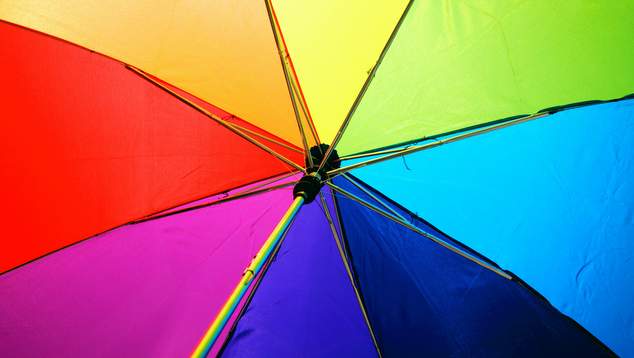
A new report has found that LGBTIQ+ folks with culturally and linguistically diverse (CALD) backgrounds were faced with significant impacts during Australia’s marriage equality debate, particularly in reconciling faith, culture, sexuality and gender.
Home is Where Our Story Begins: Family, community and belonging for sexuality and gender diverse CALD people, a collaborative effort between ACON, Western Sydney University, and NSW LGBTIQ Domestic & Family Violence Interagency, found that while many experienced a negative experience, others found a reason to break the silence and start discussions about sexuality and gender.
“For many in our communities, the 2017 marriage equality debate was a harmful, divisive and stressful experience,” ACON CEO Nicholas Parkhill says, “Significantly affecting people’s health, wellbeing and relationships.”
“The impacts were particularly acute for LGBTQ people living in some areas, such as in Western Sydney, where the region overwhelmingly voted ‘no’ in the postal survey.”
“This ground-breaking research helps us broaden our knowledge of those effects and raise awareness of how we might improve support for LGBTQ people from CALD backgrounds.”
Results of the research found that 52.8% of respondents said that disclosing their identity affected their family relationship ‘for the worse’, while 30.6% said ‘for the better’, and 16.7% cited no impact.
Those who reported positive responses from their families found greater intimacy and trust with the relatives, with some finding their families moved to a more supportive position after speaking with their LGBTQ relative.
Among those who reported negative responses, approximately 43% of those disclosed experiences of family violence, while others reported that they felt they had to choose between their family and culture, or accessing LGBTQ services and community. 25% of respondents also reported incidences of abuse from the broader community during the marriage debate.
Nicole Asquith, NSW LGBTIQ Family and Domestic Violence Interagency co-convenor, and Associate Professor of Policing & Criminal Justice, Western Sydney University said the research aimed to highlight the diverse voices and experiences of LGBTQ CALD people in Greater Western Sydney.
“There is no ‘one’ story of what it is like to be LGBTQ and CALD in Western Sydney, and our hope that by amplifying the voices of the community, we can support positive change and also help to breakdown harmful stereotypes or assumptions about CALD communities, including from within LGBTQ communities.”
The report outlined recommendations to effect positive difference in the lives of CALD LGBTQ people in Greater Western Sydney, such as legal reform in relation to banning ‘conversion therapy’, greater acknowledgement of intersectionality in policy and legislation, greater inclusion training and support for services, and creating support groups for CALD families in the area.
“The report highlights the clear need for inclusive and accessible services, and it is heartening to know that there are many service providers and community groups in the Greater Western Sydney region that are really committed and interested in this work,” Parkhill said.
“It’s vital that organisations working to support the health and wellbeing of LGBTQ people are inclusive and connected to all community members wherever they are. We hope this research helps us in this endeavour to ensure that no one is left behind.”
Asquith adds that the “report has shown that there is a diversity of LGBTQ CALD voices and experiences in Greater Western Sydney.”
“For this reason, it should not be assumed that the findings are representative of all LGBTQ CALD communities in Western Sydney.”
“However, as the first study of its kind, this research is a vital step in understanding the lived experiences of CALD sexuality and gender diverse communities living outside of inner-metro areas in Australia.”

Love OUTinPerth Campaign
Help support the publication of OUTinPerth by contributing to our
GoFundMe campaign.




